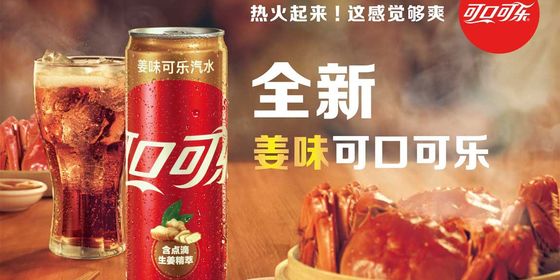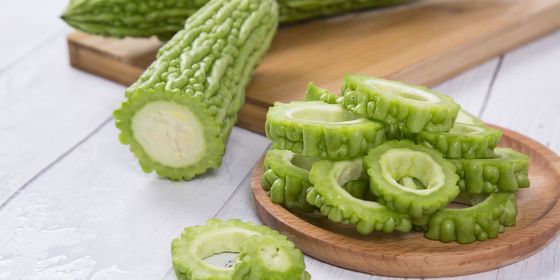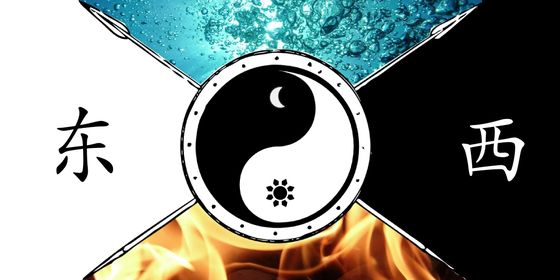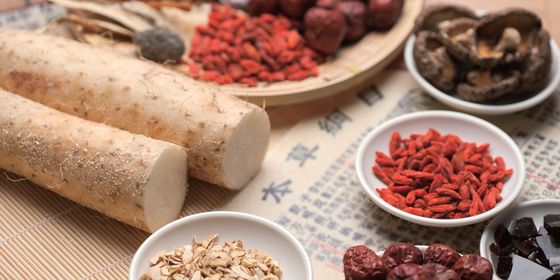‘Hot’ TCM foods for warding off the cold this winter
Is your skin blemished? Are your eyes swollen? Are you pained by toothaches? If so, you may be suffering from 上火 (shàng huǒ), a condition in Traditional Chinese Medicine (TCM) where the body has too much “internal heat.”
In TCM, foods are categorized as hot, cold, or neutral. Maintaining a balance of internal temperatures is important for warding off illness. To avoid shanghuo, one should moderate one’s intake of food and drinks that contain a lot of yang (阳) energy, or which have a “heat property (性热).”
But abstaining from all “hot” food is not the answer, and when the body is filled with too much yin (阴) energy, it needs to be replenished with warmth. In the cold winter months especially, the body needs to take in a lot of “heat” to stay in balance. This can be obtained from the following foods:
Wine
Grapes are considered considered neutral ingredient in TCM, being neither not nor cold. Once fermented into wine, though, it gains the property of heat. As a rule of thumb, the higher the alcohol content, the hotter the drink. Red wine is also considered to contain more heat than white varieties. This makes mulled wine, which is seasoned with spices such as cinnamon and nutmeg, a very warm liquor—perfect for a winter’s evening.
Mutton
Well-known for its warming property, mutton is a recommended protein for replenishing yang energy and preparing for winter. Any cut of lamb or cooking method will do: kebabs and mutton hot pot are particularly warming.
Chocolate
The “heat” in chocolate comes from its main ingredient, cocoa, which makes it a fitting snack during winter (guzzling that hot chocolate may actually be good for the body, at least in TCM terms). Of course, unsweetened dark chocolate is best for general health.
Herbs and spices
Most herbs and spices, especially pungent ones, fall on the hot side of the TCM spectrum. Pepper, chilli, nutmeg, cloves, and cinnamon are some common ingredients that will turn up the internal heat. If you’re suffering from shanghuo, you may want to avoid condiments like hot sauce, or spicy malatang soup.
Tropical fruits
Although most fruits tend to have neutral or cooling properties, many tropical fruits are considered to produce heat. The pungent durian is one of the hottest, but longans and lychees will also do the job. Cherries are also shanghuo, though their inflated price may make it impossible to eat them to excess in China. The hot property of these fruits makes them perfect plant-based alternatives to mutton for warming up during winter.
Cover image from VCG














